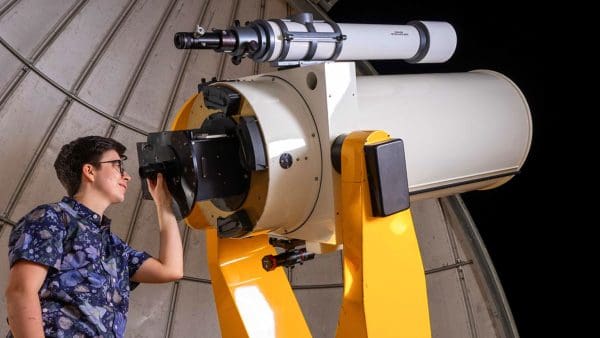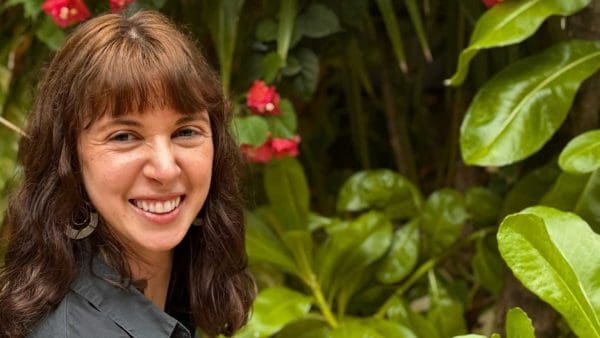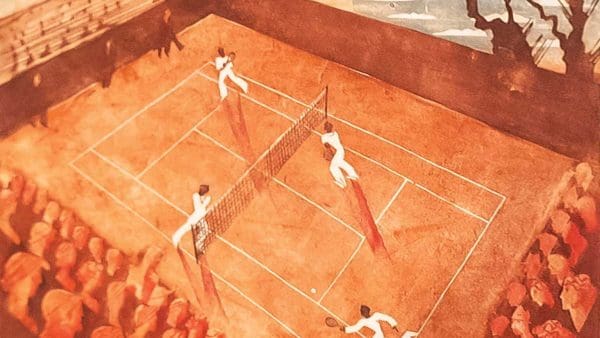
Photo: Will Kirk
Iván Ruiz-Hernández is a third-year PhD student in the Department of Political Science. We spoke with him about his research into the food systems affecting small farms in southern Mexico.
What are some questions that drive your research?
I want to understand the politics behind food regulation and how food markets work in less closely regulated spaces. I’m interested in how informal food economies work because informal regulatory practices dominate the landscape in many parts of the world. A lot of food isn’t taxed, there’s no quality control, and there isn’t a clear idea of who is involved in the farm-to-table narrative. In certain regions, non-state actors like organized crime have a role in—and have integrated into—many food markets.
More specifically, I’m interested in how smallholder coffee producers get their products out of Chiapas, Mexico. What are the bureaucratic or informal practices that they have to go through to get their product exported?
What impact do you hope your research will have?
On the academic side, I hope to contribute to our understanding of informal economies, refining working definitions and highlighting sites that showcase the diversity of informal regulations. Through my work, I also aim to advance the centrality of food and agricultural development in studying various political processes. In a more applied sense, I hope to give farmers a better idea of what they’re up against. The farm-to-table story is challenging to conceptualize regardless of where you are on the food supply chain, and having records of systemic injustices within food supply chains is an essential step toward a more equitable food system.
How did you become interested in informal food economies?
There are farmers in my family, and as a kid, I looked up to Cesar Chavez and the United Farm Workers movement, who fought for the livelihoods of the communities that hold our global food systems together. I was always interested in food justice and wanted to understand where injustices originated. While at the University of Georgia, I learned how barriers to accessing markets reinforced many of these injustices for smallholder producers. At Hopkins, my advisors [assistant professors John Yasuda and Sarah Parkinson] guided me toward the question of informal economies and informal regulation, which political science is only beginning to understand.




